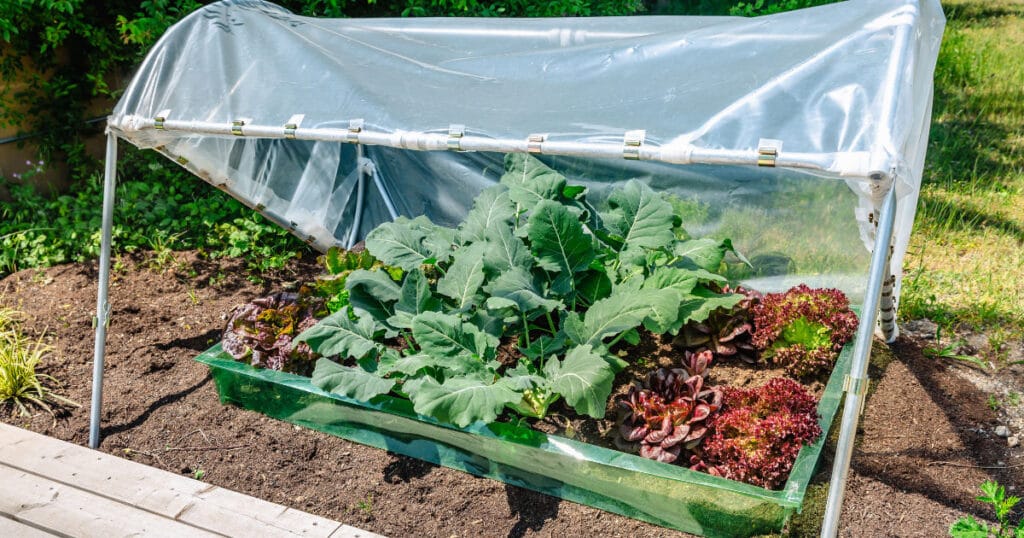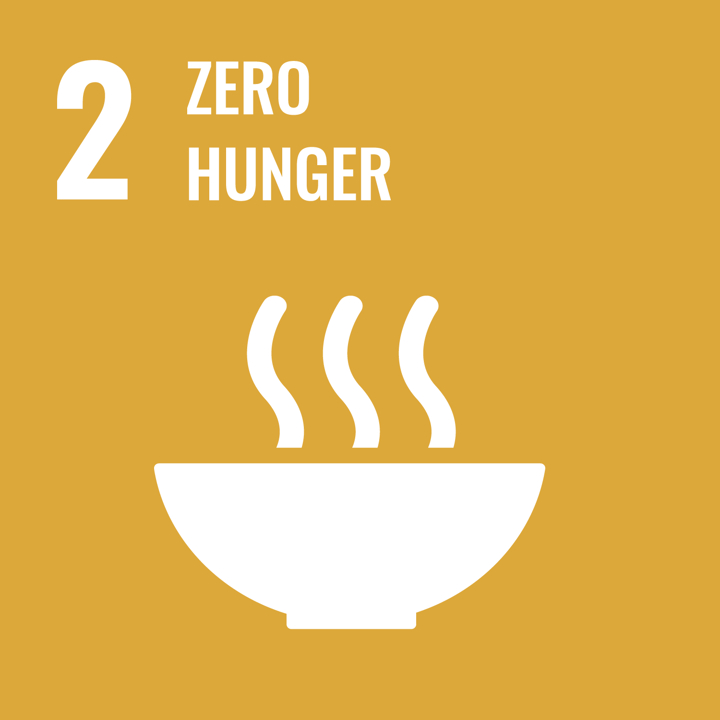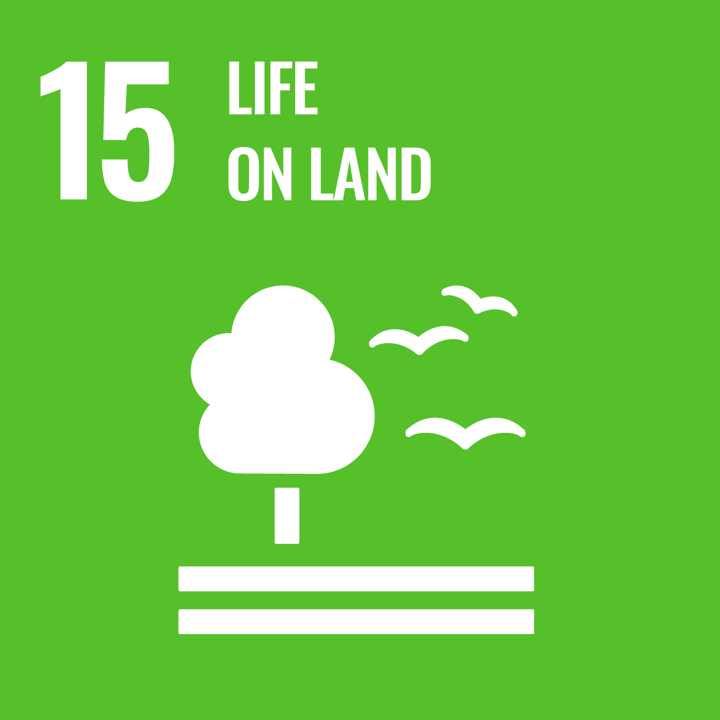
Utilizador final previsto: Professor
Grupo etário: Primário superior; Secundário inferior
Currículo escolar: Ciências; Educação social, física e sanitária; Ciências sociais e ambientais; Ciências aplicadas
Temas e tópicos: Energy Use and Production; Behaviour & Lifestyle; Collective Action; Environmental Change; Futures Thinking; Food and Agriculture; Information & Knowledge; Citizenship; Pedagogy Approaches
Duração: Approximately 10 hours and 50 minutes, divided into 7 learning units.
Tipo de recurso: Experiência, Planos de aula, Projeto
Palavras-chave: Composting; food production; sustainability; environmental science; agricultural practices
Línguas: English, Dutch, Swedish, Portuguese, Greek, Hebrew, Polish, Romanian, Spanish
Descrição
“From Seed to Compost: Circulation of Matter in Nature” is an educational resource designed for students aged 9 and above. It aims to deepen their understanding of the food production process, the significance of composting, and the role of sustainable practices in agriculture. Through seven structured learning units, students investigate the origins of their food, the impact of food transportation on ecosystems, the composting process, and the essentials of setting up a successful school garden. The program emphasizes hands-on activities, critical thinking, and real-world problem-solving skills related to environmental education.
Como utilizar este recurso
Educators can integrate this resource into their curriculum to address topics related to environmental science, health education, and sustainability. The lesson plans are designed to facilitate interactive classroom discussions, hands-on experiments, and community-based projects. Teachers are encouraged to adapt the materials to their local context and the specific needs of their students, promoting active engagement and practical understanding of food production and waste management issues.
Os recursos
Resultados de aprendizagem (professores)
- Obter conhecimentos prévios e aprofundar o conhecimento e a compreensão dos conceitos-chave da Cidadania para a Sustentabilidade, desafiando as visões do mundo e os valores estabelecidos.
- Aplicar uma série de ferramentas e quadros adequados para promover a Cidadania para a Sustentabilidade dos estudantes
- Sintetizar de forma colaborativa os conhecimentos, as ferramentas e os quadros para criar materiais didácticos e planos de aulas adaptados ao seu próprio contexto local
- Através de actividades de workshops e de comunidades de prática, desenvolver capacidades e agência enquanto educadores e líderes da Cidadania para a Sustentabilidade.
Competências verdes
- Incorporar valores sustentáveis: Valorizar a sustentabilidade; apoiar a equidade; promover a natureza
- Abraçar a complexidade na sustentabilidade: Pensamento sistémico; Pensamento crítico; Enquadramento de problemas
- Perspectivas de futuros sustentáveis: Adaptabilidade; Pensamento exploratório
- Agir em prol da sustentabilidade: Ação colectiva; iniciativa individual
Creative Commons

”From Seed to Compost: Circulation of Matter in Nature” by Copernicus Science Center is licensed under a Creative Commons Attribution-ShareAlike 4.0 International License.
ODS





